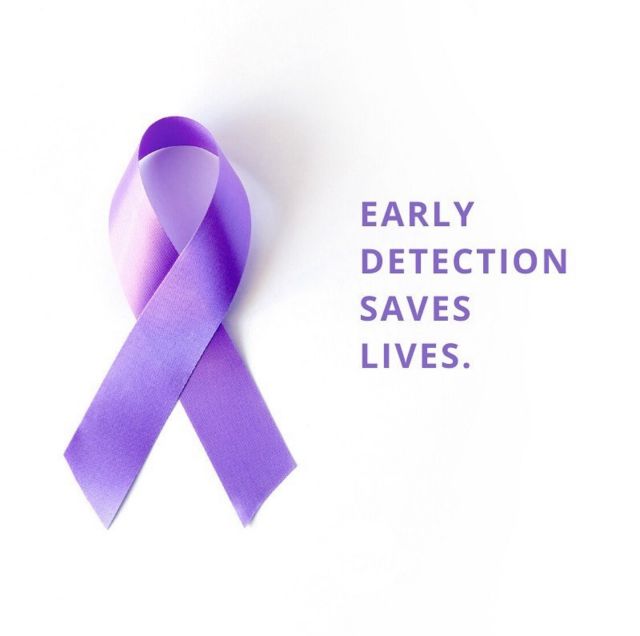The risk of pancreatic carcinoma being extremely aggressive and its late diagnosis are two reasons which make it difficult for oncologists. Researchers continue to investigate its complexity, raising questions about its cause and genetic predispositions. They also inquire about ways to prevent the disease and also about the support provided by pancreatic cancer organizations.
The genetic cause of pancreatic cancer is genetic.
The most frequently asked question regarding pancreatic cancer is its genetic component. Pancreatic cancers in the majority are believed to develop sporadically and without any apparent hereditary triggers, but a subset has been linked with genetic mutations. Certain genetic disorders like hereditary pancreatitis, Lynch syndrome, and familial atypical multiple mole Melanoma (FAMMM) syndrome are linked to an increased risk of developing pancreatic cancer. Also, mutations in genes such as BRCA1, BRCA2, PALB2, and ATM are implicated in familial pancreatic cancer cases. Understanding the genetics of pancreatic carcinoma not only sheds more light on its pathogenesis but also assists in screening and risk assessments for high-risk people.

Preventing Pancreatic Cancer
In light of the often grim outlook associated with pancreatic carcinoma, it is vital to take action to avoid its development. While some risk factors such as age, race gender, and family history are not in the control of a person’s however, lifestyle changes can decrease the chance of developing. The decrease in pancreatic cancer risk is a result of the cessation of smoking, sustaining an ideal weight for a healthy body as well as limiting alcohol consumption and consuming a diet rich in vegetables, fruits, and whole grain. Individuals with a history of pancreatic disease or known genetic predispositions may benefit from genetic testing and counselling to determine their risk. Pancreatic Cancer is preventable and outcomes improved by addressing modifiable risks and encouraging early detection through surveillance for those in high risk populations.
Pancreatic Cancer: Causes and Treatment
Understanding the root factors that cause pancreatic tumors is essential to implementing effective preventative and intervention strategies. Although the mechanisms behind pancreatic cancer remain elusive, several risk factors are identified. Smoking cigarettes is among the main risk factors for pancreatic cancer, accounting approximately 20-30 percentage. Pancreatic inflammation or chronic pancreatitis (a condition that causes inflammation of the pancreas) has been connected to pancreatic cancer. Obesity, diabetes, and certain dietary elements, like red meats and processed meats can also be linked with an increased risk of pancreatic carcinoma. The burden of pancreatic carcinoma can be lessened by addressing these risk factors and implementing preventive strategies. Click here Is pancreatic cancer genetic
Pancreatic Cancer Charity: A Beacon of Support
It’s impossible to overstate the importance of pancreatic-cancer charities, given the variety of issues pancreatic tumors pose. They serve as valuable sources for caregivers, patients as well as healthcare professionals by providing assistance and education, advocacy and research funding. Pancreatic Cancer Charities offer many services such as financial assistance and support groups, as well as informational resources, and access to clinical trials. They also play an integral role in promoting awareness of pancreatic cancer, encouraging early detection, and fighting for more research funding and improved patient care. Pancreatic cancer organizations aim to make a major impact on fighting this cancer by encouraging collaboration and community involvement.
Pancreatic Cancer: The Landscape of the Disease
Pancreatic Cancer Charity offers assistance and an extensive knowledge of genetics. Although genetics play involved in a limited amount of cases of pancreatic cancer, the prevention methods focus on modifiable factors and early detection for high-risk individuals. In order to improve outcomes and lessen the burden of the disease, it is imperative to understand the causes of pancreatic cancer and draw on the expertise of pancreatic charity organisations. With the advancement of research and increased awareness, we can look forward to an improved future for those fighting pancreatic cancer.
